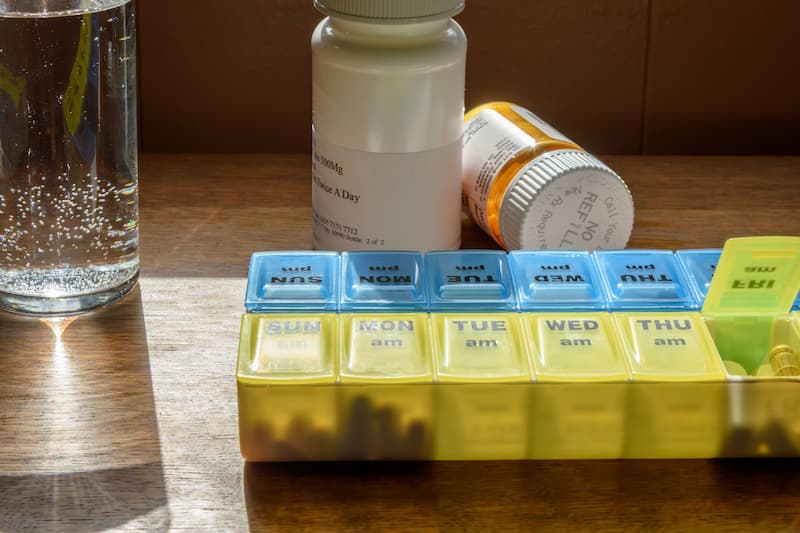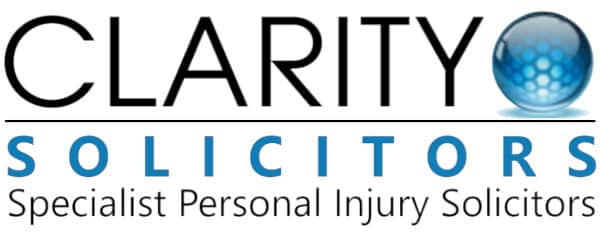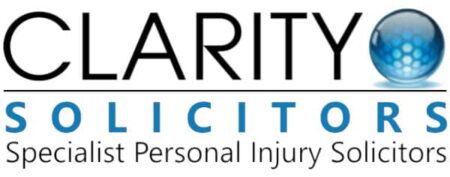Medication Errors

Adverse Reactions to Medication Errors
Medication errors are a significant concern in healthcare and can result in adverse reactions or harm to patients. These errors can occur at various stages, including prescribing, transcribing, dispensing, and administering medications. Here are some common types of medication errors and their potential consequences:
- Prescription errors: These occur when healthcare providers prescribe the wrong medication, the wrong dosage, or fail to consider potential drug interactions or allergies. Patients may experience adverse reactions or ineffective treatment due to receiving the wrong medication or dosage.
- Transcription errors: When transferring prescription information from medical records to medication orders, errors can occur. Illegible handwriting or misinterpretation of orders can lead to incorrect dosages or medications being dispensed.
- Dispensing errors: Pharmacists or pharmacy technicians may dispense the wrong medication or dosage, mislabel medications, or provide the wrong instructions to patients. This can result in patients receiving the wrong medication or dosage, leading to adverse reactions or ineffective treatment.
Start Your Claim Today
If you are looking to make a claim, contact our expert team today for a strictly confidential, free consultation, to discuss whether you might have a case and how we can help.
Fair Compensation for Negligence
- Administration errors: Nurses or other healthcare professionals administering medications may make errors in dosage, timing, or route of administration. This can lead to patients receiving too much or too little medication, or medications being administered via the wrong route, potentially causing harm or ineffective treatment.
- Monitoring errors: Failure to monitor patients for adverse reactions or therapeutic effectiveness of medications can result in missed opportunities to identify and address medication-related problems. This can lead to delayed recognition of adverse reactions or inadequate treatment of underlying conditions.
- Documentation errors: Inaccurate or incomplete documentation of medication administration, including missed doses or incorrect recording of medication administration times, can lead to confusion and potential errors in patient care.
- Communication errors: Poor communication between healthcare providers, patients, and caregivers can contribute to medication errors. Misunderstandings or lack of information sharing about medication regimens, changes in treatment plans, or patient allergies can increase the risk of errors.


Compensation for your Suffering
The consequences of medication errors can range from minor discomfort to serious harm or even death. Adverse drug reactions, allergic reactions, drug toxicity, therapeutic failure, and complications from untreated medical conditions are among the potential outcomes of medication errors.
To prevent medication errors, healthcare organizations implement various strategies such as computerized physician order entry (CPOE) systems, barcode medication administration (BCMA), medication reconciliation processes, standardized protocols, and interdisciplinary communication protocols. Additionally, healthcare professionals receive education and training on medication safety principles and are encouraged to report and learn from medication errors to improve patient safety.
Call us Today:
0161 480 4488
Or Request a Callback >


